By; Cameisha Mallory
Racial Injustice is an issue faced all around the world. Millions have marched, protested, rallied, and too many have died in order to fight for basic human rights. As a Black woman in America, I have witnessed numerous acts of racial injustice and racial trauma. In the African American community, generation after generation has suffered from oppression and unfair treatment. Research has shown, “In the U.S., Black, Indigenous People of Color (BIPOC) are most vulnerable for racial trauma due to living under a system of white supremacy,” (Racial Trauma, 2020). In today’s society, that is centered around social media, we are witnessing even more racial injustice and racial trauma. Social media has allowed a way for marginalized and oppressed individuals to have their voices heard and allowed the world to see numerous acts of unjust and inhumane treatment of Black individuals in America. More often than not, the Black community has been forced to watch “officers of the law” gun down, aggressively harass, or apprehend someone so violently that death is the outcome. Over the past ten years, the Black community has mourned the untimely and unnecessary loss of so many young black people a reality that to date has not stopped.
Before we can recognize the effect, it is important to educate ourselves on racial trauma. “Racial trauma, or race-based traumatic stress (RBTS), refers to the mental and emotional injury caused by encounters with racial bias and ethnic discrimination, racism, and hate crimes. Any individual that has experienced an emotionally painful, sudden, and uncontrollable racist encounter is at risk of suffering from a race-based traumatic stress injury,” (Racial Trauma, 2020). Racial trauma affects a person’s mental health and may cause signs and symptoms of different disorders, such as Post-Traumatic Stress Disorder. Research has shown, “In some individuals, prolonged incidents of racism can lead to symptoms like those experienced with post-traumatic stress disorder (PTSD),” (Racial Trauma, 2020). By educating ourselves on the signs and effects of racial trauma, we can better advocate for ways to protect our mental health. When a person suffers from racial trauma, “This can look like depression, anger, recurring thoughts of the event, physical reactions (e.g. headaches, chest pains, insomnia), hypervigilance, low-self-esteem, and mentally distancing from the traumatic events,” (Racial Trauma, 2020).
With racial discourse at a peak right now, as well as the stress caused by the current pandemic, it is important now more than ever to equip ourselves with resources for mental health. One great resource is therapy. Therapy allows individuals the safe space to discuss issues. It also will provide tools and techniques for coping with many stressful or traumatic events in your life. If need support and feel unheard, NEW has therapists available to make sure you are heard.
References
Racial Trauma. (n.d.). ( 2020). Retrieved from https://www.mhanational.org/racial-trauma


